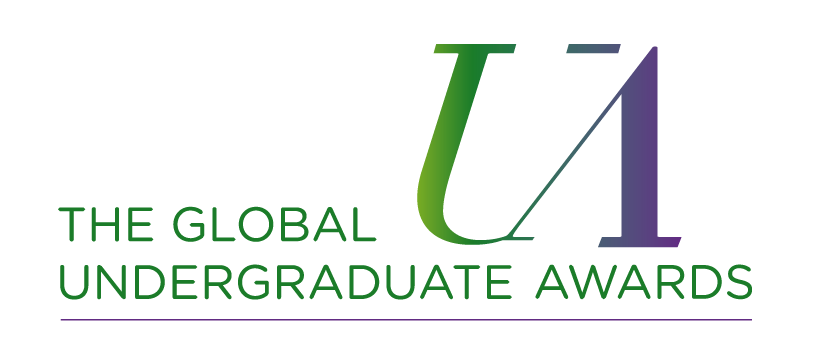Document Type
Article
Publication Date
2017
Abstract
In the elegy titled “Bread and Wine,” Friedrich Hölderlin asks, “and what are poets for in a destitute time?” Drawing on the theories of Martin Heidegger, who addresses this very question in his essay “What are Poets For?”, I argue that the modernist poetry of William Butler Yeats offers an answer, as well as a demonstration. Through an analysis of “The Second Coming” (1919), “Sailing to Byzantium” (1926), and “The Circus Animals’ Desertion” (1939) in the order of their publication, I reveal that as Yeats’ poetic career developed and transformed, so too did his understanding of, and relationship to, his role, his world, and his work. In this way, the poet’s subjective journey through his psyche and its products parallels or mirrors the universal experience of those who turn to poems in destitute times for truths, solutions, and distractions. Overall, though poets may craft poetry to unconceal, mend, avoid, and embellish the world around them, the poetry of W.B. Yeats reveals that poets ultimately have a responsibility to themselves, their society, fellow citizens, and to poetry itself, to help humankind endure and cope with the experience of modernity by paradoxically facilitating a deeper descent into its abysmal darkness and enigmatic despondency.


